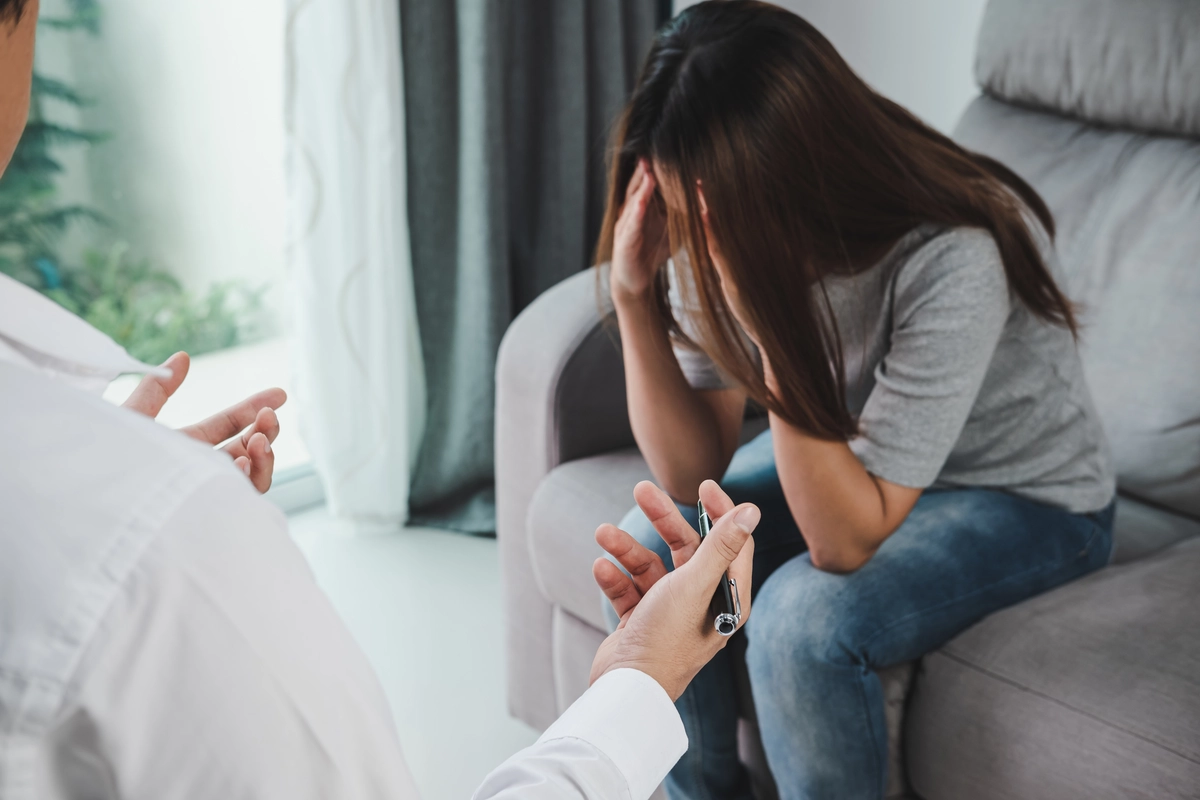24/7 Helpline:
(866) 899-221924/7 Helpline:
(866) 899-2219
Learn more about Anxiety Treatment centers in Wexford County
Anxiety Treatment in Other Counties

Other Insurance Options
Beacon

BHS | Behavioral Health Systems

Kaiser Permanente

Carleon

MHNNet Behavioral Health

Molina Healthcare

Sliding scale payment assistance

Ambetter

AllWell

BlueCross

Meritain

State Farm

Sutter

UMR

Evernorth

GEHA

Highmark

American Behavioral

Premera

Excellus























































Northern Lakes Community Mental Health
Northern Lakes Community Mental Health is a public rehab located in Cadillac, Michigan. Northern Lak...

Al – Anon
Al – Anon is a non-profit rehab located in Cadillac, Michigan. Al – Anon specializes in the treatmen...

Hope Network Developmental and Community Services, Cadillac Center
Hope Network Developmental and Community Services, Cadillac Center is a private rehab located in Cad...





















